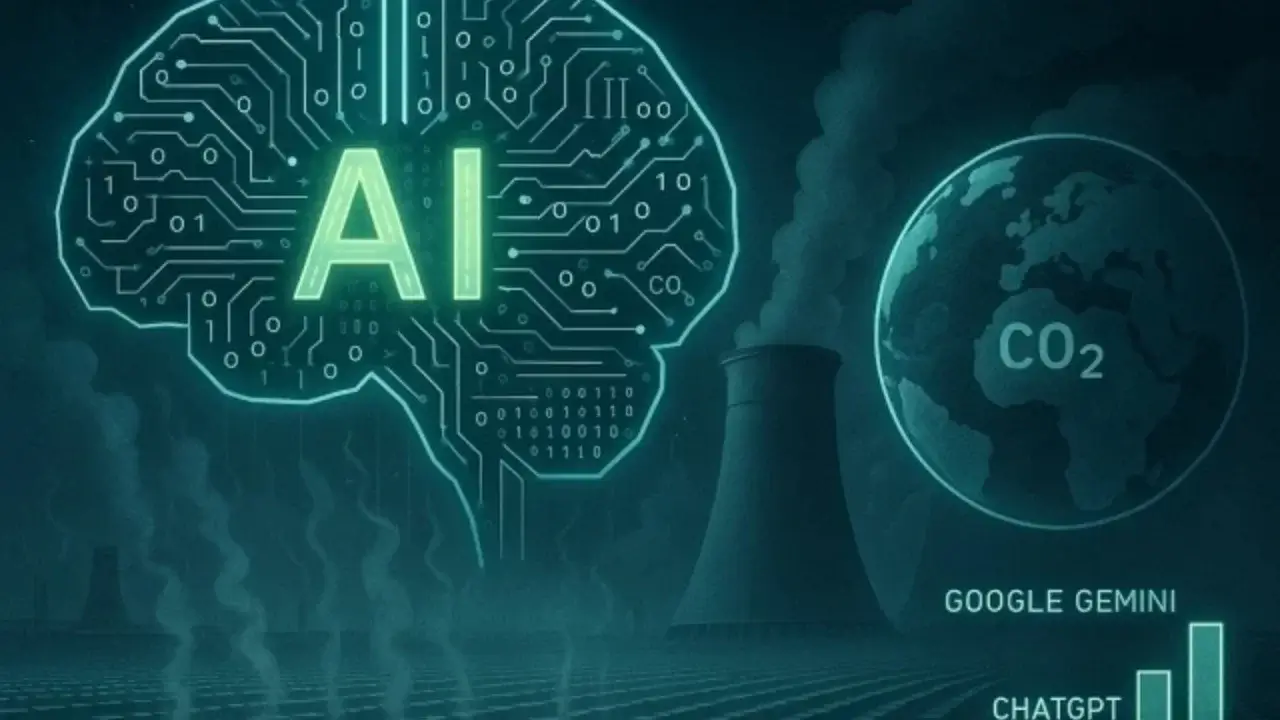How dangerous is the impact of artificial intelligence on nature?

In recent years, artificial intelligence has increasingly become an integral part of human life. However, experts are now studying not only its capabilities but also its impact on nature. According to Euronews, major tech companies are preparing reports on how much energy and water their AI models consume.
Data shows that Google’s Gemini chatbot is considered more environmentally efficient. Reports indicate that running a single query through Gemini consumes as much energy as watching TV for 9 seconds — 0.24 watt-hours. The carbon dioxide emission per query is about 0.03 grams, while water consumption is around 0.26 milliliters, roughly five drops.
AI models, including Gemini and ChatGPT, operate in data centers. Thousands of servers generate enormous heat, requiring large volumes of water for cooling. Water prevents overheating and ensures uninterrupted performance.
According to Google, its models produce significantly lower CO2 emissions. Compared to ChatGPT, the difference is substantial: one ChatGPT query consumes about 2.9 watts of energy and emits 4.3 grams of carbon dioxide.
Furthermore, the International Energy Agency warns that global electricity demand will double in the next five years, reaching nearly 945 terawatt-hours annually. This means the environmental pressure from technology will intensify further.
Google’s recent reports highlight that since 2019, its CO2 emissions have increased by 51%. The main reason is the production and assembly of hardware required for AI systems. Nevertheless, the company claims its models are becoming more efficient: since August 2024, energy consumption has decreased 33-fold, and the carbon footprint has dropped 44-fold.
Still, challenges remain. For example, Google Gemini does not disclose how many queries it processes per day. As a result, it is difficult to estimate overall energy and resource usage. Experts warn that this could mask the true environmental impact.
Undoubtedly, artificial intelligence plays an important role in making human life easier and creating new opportunities. But its effect on nature must not be overlooked. Environmentalists and specialists stress that transparency and accurate reporting are crucial in this process.
Read “Zamin” on Telegram!




















